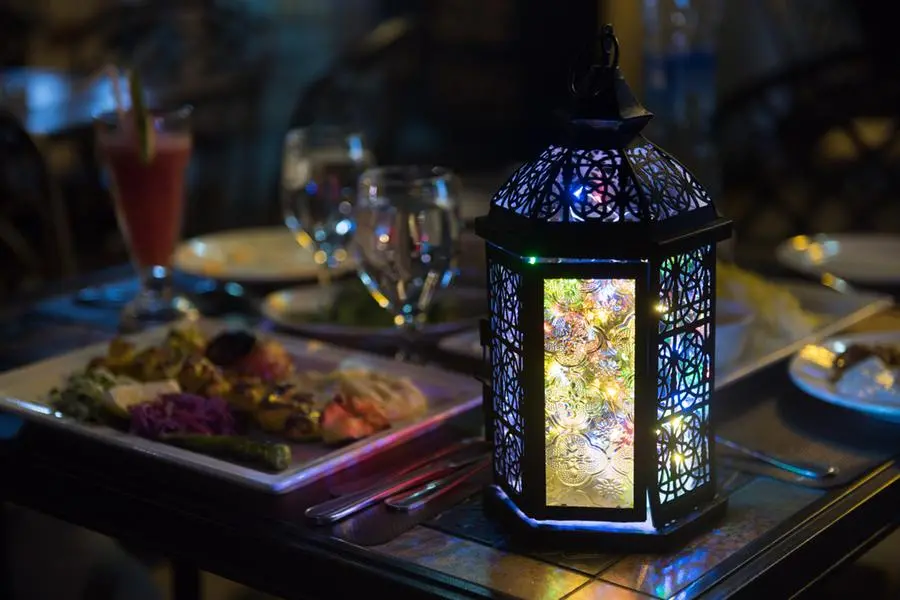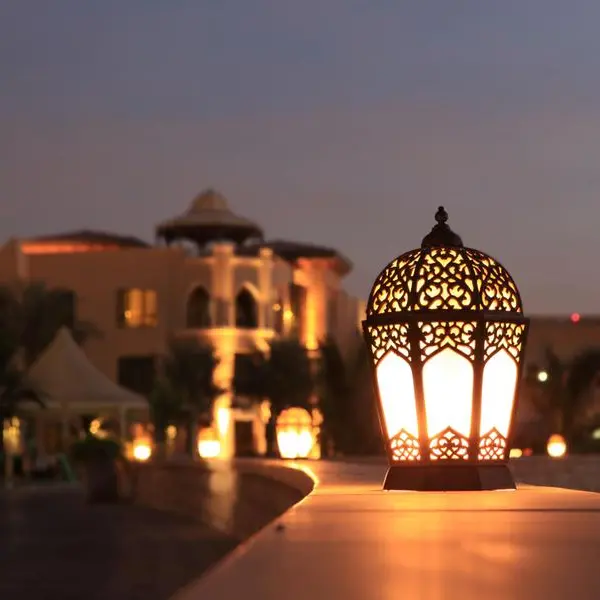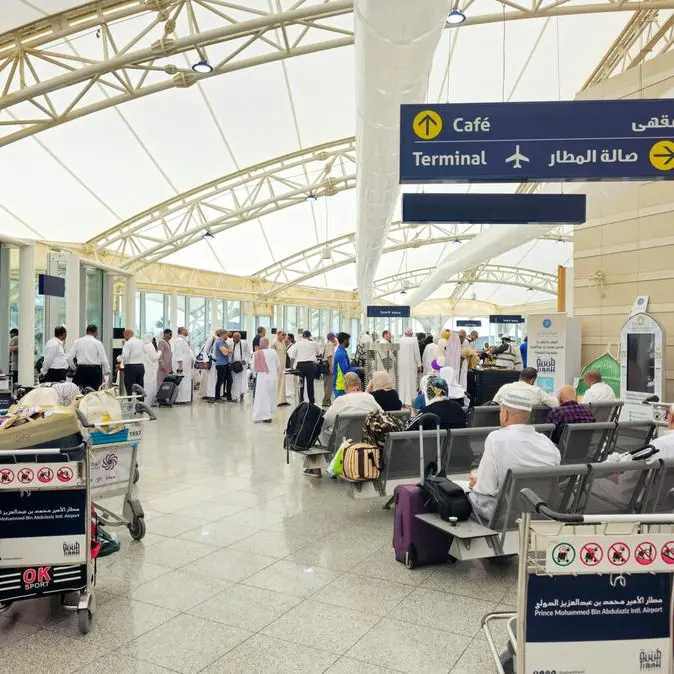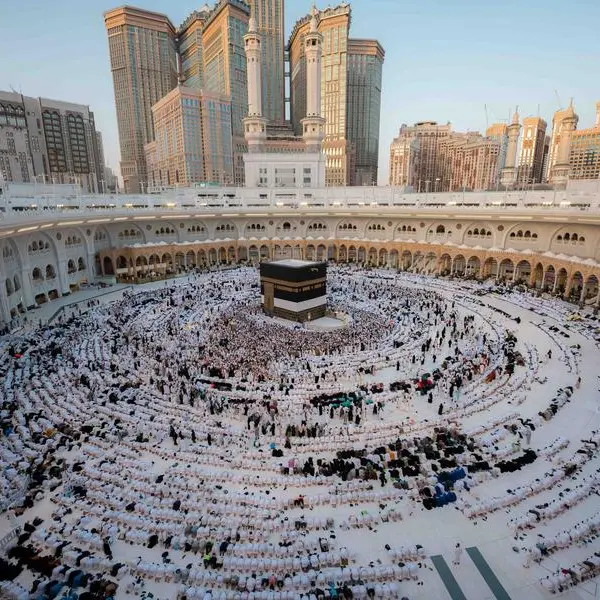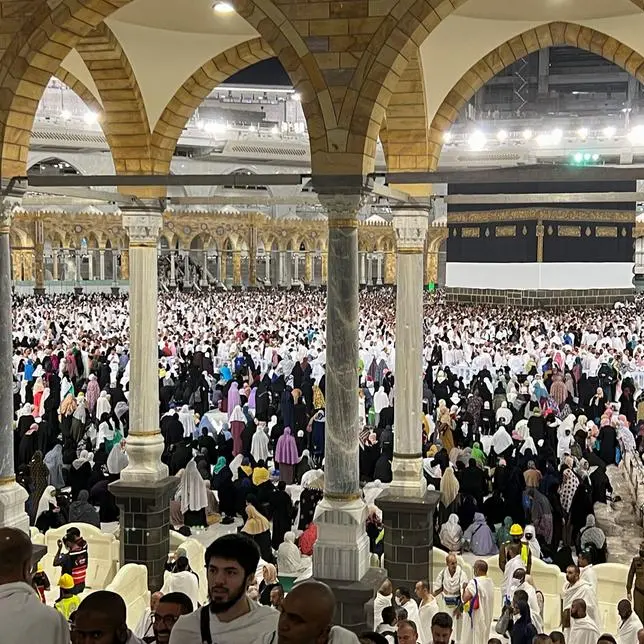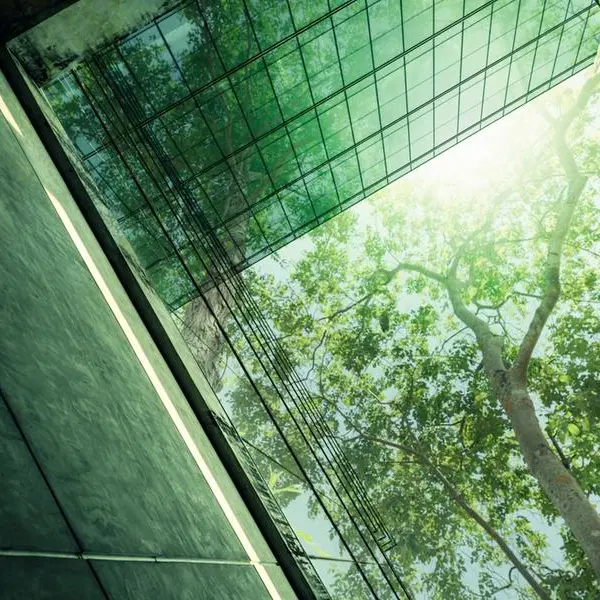PHOTO
UAE expat Vinod Nambiar is yet another non-Muslim resident who has been fasting for the past 22 years to express solidarity with the large Muslim population in the country.
The backstory of his fasting journey dates back to 2001, when he was working in Mallapuram, India (a village in Thanjavur district, Kerala).
“Mallapuram has a significant Muslim population. Back then, I didn’t know much about Ramadan, its importance, and what it entailed. But I am a people’s person, and I liked mingling with the community there. The habitants of that place were quite simple. It was humble living, and I tried adjusting with everyone seamlessly.”
Nambiar, who didn’t initially realise that fasting Muslims do not eat anything from dawn to dusk, went searching for food in the village every day during Ramadan.
“But everything was closed; there was no food. Some people realised I used to feel hungry at lunch time, and one person even invited me to his house during Ramadan, offering me food while they were fasting. But I obviously felt extremely reluctant going there, as I knew the entire family was fasting. It was [a] good gesture. But I couldn’t eat when they were not eating. So I stayed hungry.”
But what he was compelled to do because of his circumstances soon became a habit that would stay with Nambiar for the rest of his life.
“I gradually started appreciating the essence of Ramadan practices and what [they] actually signified. I also befriended the imam of a local mosque where I would go for iftar every evening after fasting for the whole day. He inspired me a lot.”
“In the evenings, he used to go to villages preaching religious sermons, and I joined him, talking about our culture and religious harmony, as I had earlier worked as a radio presenter. We were really a good team. Then, I changed jobs, but over the years I stayed in touch with this imam who had inspired me initially. He would share with me the benefits of fasting [for] our health, and I continued to fast for all 30 days.”
When Nambiar came to the UAE in 2004, he didn’t let go of the tradition that he had strongly imbibed – one that he had started following from the bottom of his heart.
“I started working with UAE Exchange here. My wife also encouraged me to continue fasting. Then, I [became] involved [with] the company’s CSR initiative, and started spearheading the programme. As part of that, I would go to labour camps and sit and educate workers about [not consuming] tobacco, [along with] teaching them the importance of financial literacy. I started taking my children too for these initiatives.”
“I don’t want to compel my children to do anything; if at some point they feel that fasting is a good practice, they’ll embrace it themselves. For me, it came from the heart; nobody forced anything upon me, and that’s why I feel it’s stayed with me for all these years,” says the father of two.
Nambiar, who is now well-known among various organisations in the UAE for his traditional notions of the good life, notes that he can now go without food for even a whole day without feeling any exhaustion.
“The only time when I can’t fast is maybe for three or four days when I have to travel. I never [feel] exhausted. [For the] last year-and-a-half, I have been [practicing] intermittent fasting too. My wife and I practice intermittent fasting for 16 hours.
We live on water only. I feel I can go without food for 24 hours easily; over the years, I have gained more energy because of what I practise.”
“During Ramadan, I mostly choose labour camps to end my fast. I also take my office management to many of these places. I strongly feel one must strive to do things differently in life; it gives you immense satisfaction,” says the Indian expat.
Copyright © 2022 Khaleej Times. All Rights Reserved. Provided by SyndiGate Media Inc. (Syndigate.info).
